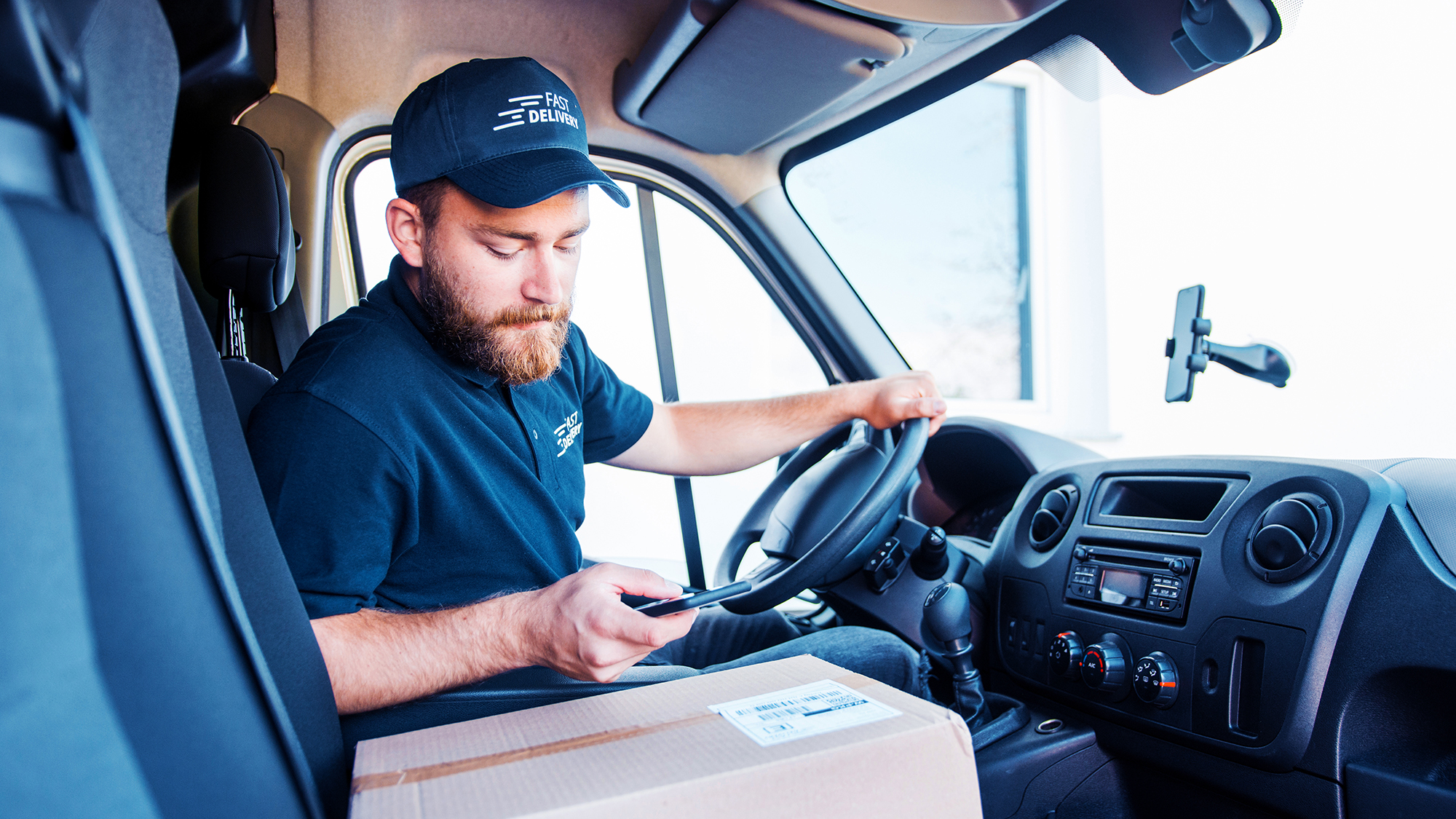Ofcom says BT must share with rivals
Regulator Ofcom details the latest measures to kick-start 'super-fast' broadband uptake – and finally specifies what the label actually means.

Communications watchdog Ofcom says BT opening up its fibre networks to rivals is key to spurring the development of super-fast broadband services.
The regulator unveiled its latest proposals to encourage the roll-out of high-speed internet services across Britain yesterday, and a central part of its strategy was BT making not only its developing fibre network, but also its underground ducts and telegraph poles available to rivals such as Sky, Talk Talk and others.
BT plans to have 40 per cent of UK homes covered by fibre-optic cables in two years. Replacing traditional copper networks with the more modern cables is seen as key to closing the speed gulf between the UK and the Far East, where 90 per cent of homes in Japan and China have access to high-speed broadband.
Ofcom's proposals would require BT to share its infrastructure with other providers, though with the development of the fibre network expected to cost around 1.5 billion by 2012, Ofcom said it wouldn't interfere in how BT chose to charge rivals for the privilege.
A BT spokesperson emphasised that the announcement was mainly an expression of "regulatory clarity," pointing out that BT already provided access to its fibre network.
"BT has already said it is willing to open its ducts so the requirement we do so comes as no surprise," the spokesperson said. "Duct access is unlikely to be the 'silver bullet' to get fibre to the countryside but all options should be explored."
Ofcom added that it wouldn't be pressing cable rival Virgin Media into a similar arrangement something BT had been pressing for. "We only look at companies with a significant market power, and Virgin doesn't have that," Ofcom chief executive Ed Richards commented.
Get the ITPro daily newsletter
Sign up today and you will receive a free copy of our Future Focus 2025 report - the leading guidance on AI, cybersecurity and other IT challenges as per 700+ senior executives
For the first time, the regulator also specified yesterday the minimum speed that would qualify for the label "super-fast". "Any connection speed above 24Mbps means that there is fibre in the access network, and that's what we would class as super-fast," Richards said.
The development of high-speed broadband has become a political hot ticket in the build-up to the election. On Monday, Prime Minister Gordon Brown promised the Government would ensure 100 per cent coverage of super-fast broadband across the country by 2020, extending Labour's commitment to reach 90 per cent of homes by 2017 courtesy of the 50 pence-per-month so-called broadband tax.
The Conservatives, meanwhile, say they will achieve similar results but by relying on a combination of the BBC licence fee and private investment.
Like the rest of Europe and the US, the UK lags well behind the Far East when it comes to high-speed internet indeed a State of the Internet report in January placed the country only 26th in the world for average internet speeds.
However, in announcing the new measures, Richards insisted it was a "a very important moment for broadband in the UK".
"Super-fast broadband is starting to be a reality in the UK, with very significant advances in recent months in the speeds some providers are offering," he added.
-
 Cleo attack victim list grows as Hertz confirms customer data stolen
Cleo attack victim list grows as Hertz confirms customer data stolenNews Hertz has confirmed it suffered a data breach as a result of the Cleo zero-day vulnerability in late 2024, with the car rental giant warning that customer data was stolen.
By Ross Kelly
-
 Lateral moves in tech: Why leaders should support employee mobility
Lateral moves in tech: Why leaders should support employee mobilityIn-depth Encouraging staff to switch roles can have long-term benefits for skills in the tech sector
By Keri Allan
-
 Optimise CX and accelerate business growth through your voice network
Optimise CX and accelerate business growth through your voice networkwhitepaper Protecting the human experience in a digital world
By ITPro
-
 New Ofcom guidelines show it’s getting tougher on big tech
New Ofcom guidelines show it’s getting tougher on big techNews New Ofcom guidance outlining its plans for the Online Safety Act show the regulator is toughening up on big tech.
By Emma Woollacott
-
 IDC InfoBrief: Sustainability doesn’t need to be all stick and no carrot
IDC InfoBrief: Sustainability doesn’t need to be all stick and no carrotwhitepaper CIOs are facing two conflicting strategic imperatives
By ITPro
-
 ‘The pace of change is taking its toll’: Business leaders are becoming burned out by rapid technological changes
‘The pace of change is taking its toll’: Business leaders are becoming burned out by rapid technological changesNews Tech leaders are contending with mounting stress levels amidst a sharpened focus on adopting new technologies and ramping up transformation efforts
By Emma Woollacott
-
 Unlocking the power of your digital services
Unlocking the power of your digital servicesSponsored Businesses have invested significant cash into technology since COVID-19, but are they really getting their money's worth?
By ITPro
-
 The forgotten workforce needs a new communications strategy
The forgotten workforce needs a new communications strategySponsored Reliable communications technologies are key to building an efficient remote workforce
By ITPro
-
 The future of work and the forgotten workforce
The future of work and the forgotten workforcewhitepaper How to deploy a mobile-first strategy so no one gets left behind
By ITPro
-
 Building an outstanding digital experience
Building an outstanding digital experiencewhitepaper Insight into how banks and financial services organizations can deliver the digital experiences customers and employees expect
By ITPro